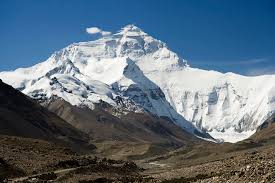
Doklam standoff: India says did the right thing, asks for mutual withdrawal and talks
With the impasse deepening between the two Asian giants over their weeks-long border standoff, India has made it clear to China that “both sides must pull back troops and work things out with talks,” and underlined that other countries have backed India over the Doklam stand-off.
In a pointed speech in parliament on July 20, India’s External Affairs Minister Sushma Swaraj said that “both sides must pull back troops and work things out with talks” and stressed that India’s action (in sending its troops to the Doklam plateau last month) was motivated by its need to protect its security near where the boundaries of China, India and Bhutan meet.
“If China, unilaterally changes the status quo of the tri-junction point, it is a straight challenge to our security,” said Ms Swaraj.
The relations between the two Asian powers have been under severe stress for over a month after Chinese troops started building a road in the disputed Doklam plateau, which Bhutan claims as part of its own territory. India sent in its troops to stall the construction of the road as it would give the Chinese military access to the Chicken Point that links the mainland India with its seven north-eastern states.
India is insisting on diplomatic means to resolve the crisis amid aggressive rhetoric emanating from nationalistic state-controlled media in Beijing.
In a sign that India is hoping that dialogue will resolve the impasse, National Security Advisor Ajit Doval will travel to China on July 27 for a meeting of national security advisers of BRICS grouping of emerging powers, comprising Brazil, Russia, India, China and South Africa. India is looking for a separate bilateral meeting between Mr Doval and China’s influential State Counsellor Yeng Jiechi on the sidelines of the BRICS meeting to explore ways to defuse the crisis.








